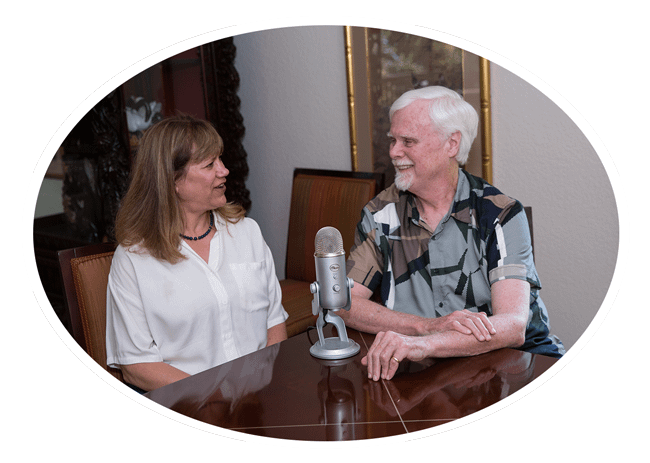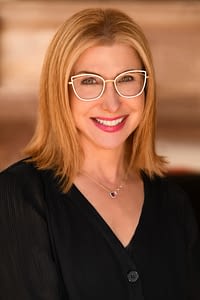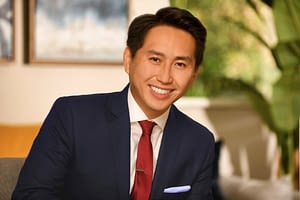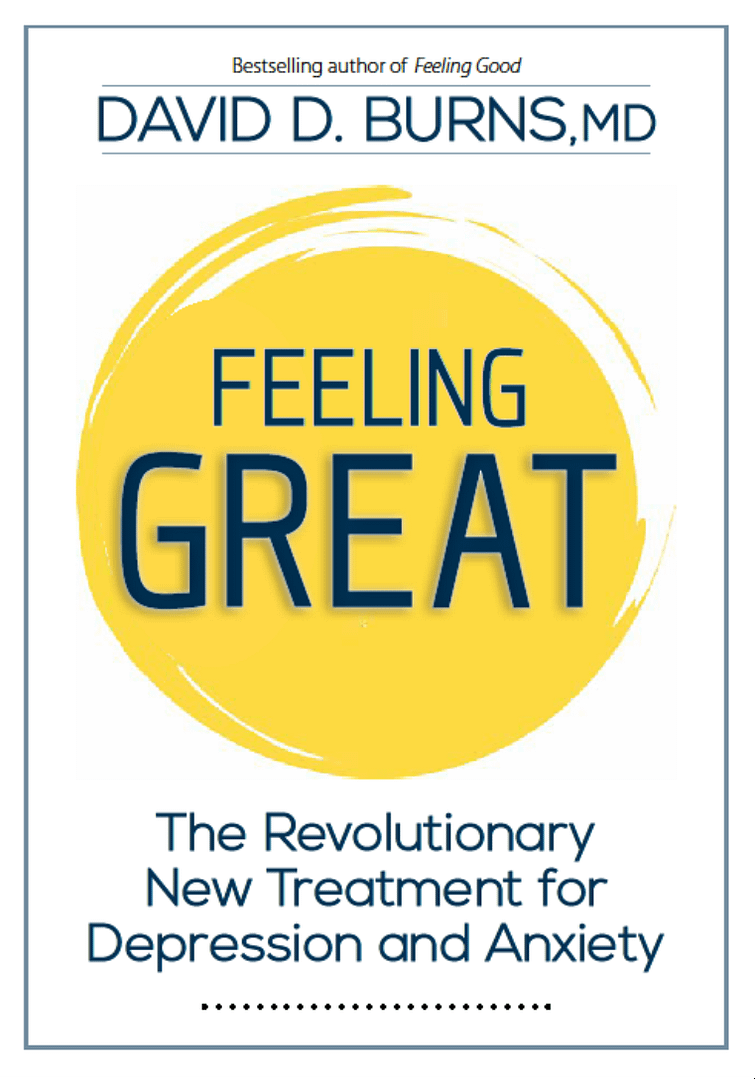Podcast 257: What’s an Intensive?
Today’s podcast features Dr. Lorraine Wong and Richard Lam who describe the intensive TEAM-CBT treatment program at the Feeling Good Institute in Mountain View, California. Dr. Wong is a board certified clinical psychologist and the Clinical Director of The Feeling Good Institute in Mountain View.
Richard Lam is TEAM Certified Therapist, Trainer and Certification Program Manager at the Feeling Good Institute.
An intensive is a departure from the conventional weekly 50-minute session and compresses an entire course of therapy into a brief period of time. David describes how he created this treatment approach accidentally at his hospital in Philadelphia when one of the world’s most famous and beloved actors, a man who was a great fan of Dr. Burns first book, Feeling Good: The New Mood Therapy, contacted him and asked for treatment.
However, there was a catch. He only had two days available, and asked if he could fly from Hollywood to Philadelphia and book all of my sessions for two days. I was delighted to do that, and scheduled 17 back-to-back 45-minute sessions on a Thursday and Friday.
He came in a disguise, and explained that fans and the paparazzi were constantly hounding him, and that he felt like a hunted animal. I asked if the disguise was effective, and he said it wasn’t working at all. People still hounded him and asked why he was wearing the disguise and asked for autographs.
Because he was a powerful actor, the roleplaying techniques I have developed, like Externalization of Voices, were tremendously effective, and he actually made a complete recovery within a couple hours.
Later on, I developed an intensive program for the patients in our inner-city neighborhood, with the help of the president of our hospital, and it was also incredibly effective for our patients who had few resources. However, they loved cognitive therapy!
Richard and Lorraine explain how they are implementing the intensive concept at the FGI, working with people from around the United States and the world who come to Mountain View for several days for the treatment. They describe their work with a severely and chronically depressed man who came from Europe who seemed incredibly challenging at first. He was super skeptical and said that that he’d had tons of failed therapy but nothing and no one had ever helped him.
He was telling himself things like this:
- Life isn’t worth living.
- I’m a special case and no one will be able to help me.
- Life shouldn’t be so hard.
- I should be able to enjoy life more.
However, once they blew away his resistance using Paradoxical Agenda Setting, Richard explains that “it was a breeze to blow all of his negative thoughts out of the water.”
The treatment is costly in the short-term, but can be extremely cost-effective in reality because recovery often happens rapidly. It is my impression, too, that in the hands of a skillful therapist, extended sessions and intensive treatment with TEAM-CBT can often be amazingly effective.
If you would like to contact them, you can go to the FGI website (www.feelinggoodinstitute.com) or email them: Richard@feelinggoodinstitute.com or Lorraine@feelinggoodinstitute.com.
Thanks for listening, and thanks to Richard and Lorraine for being especially fun and gracious guests on today’s podcast!
Rhonda and David
Dr. Rhonda Barovsky practices in Walnut Creek, California. She sees clients mostly via Zoom, and in her office. She can be reached at rhonda@feelinggreattherapycenter.com. She is a Level 4 Certified TEAM-CBT therapist and trainer and specializes in the treatment of trauma, anxiety, depression, and relationship problems. Check out her new website: www.feelinggreattherapycenter.com.
You can reach Dr. Burns at david@feelinggood.com.
This is the cover of my new book, Feeling Great. The kindle and audio versions are available now too!
It’s currently on sale at Amazon and ridiculously cheap! Act fast if you want a copy!





